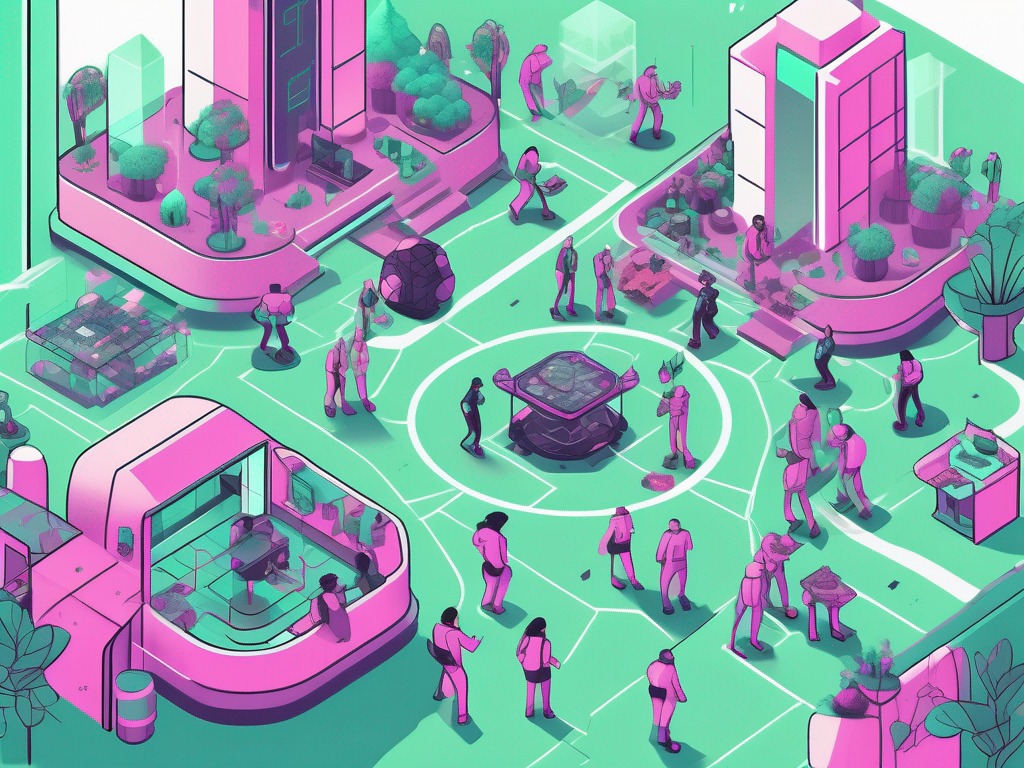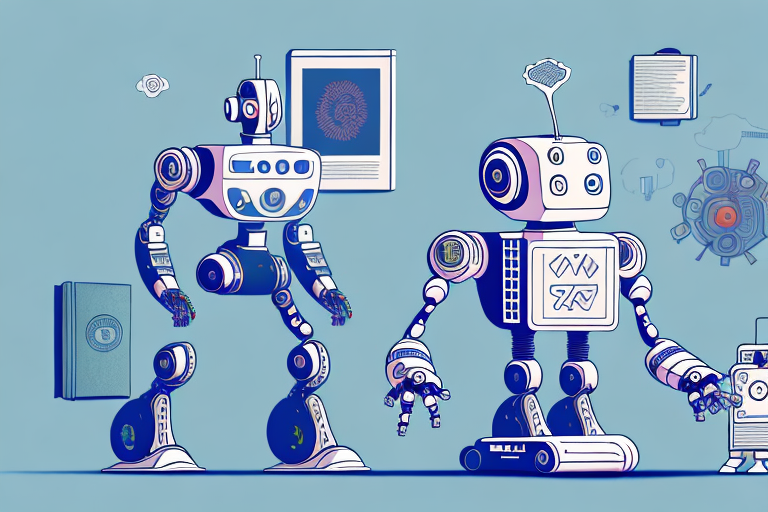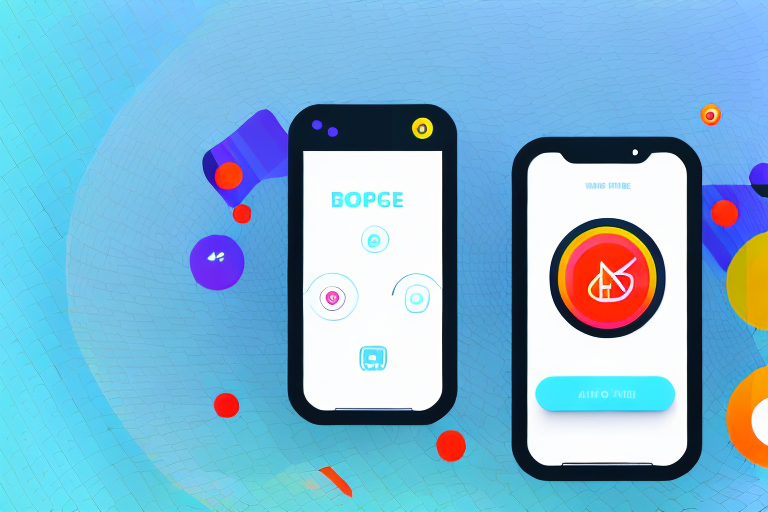.svg)
AI Agents in Gaming: Crafting Smarter NPCs
.svg)

In the ever-evolving landscape of video gaming, the development of artificial intelligence (AI) has emerged as a pivotal force in enhancing player experiences. One of the most significant applications of AI in gaming is the creation of non-player characters (NPCs) that are not only more intelligent but also more engaging and lifelike. These AI agents are transforming the way players interact with games, offering a more immersive and dynamic environment. This exploration delves into the intricacies of AI agents in gaming, examining how they are crafted to be smarter and more responsive.
The Role of AI in Gaming
Enhancing Player Engagement
AI agents in gaming serve as the backbone for creating immersive worlds where players can lose themselves. By simulating human-like behaviours and decision-making processes, AI-driven NPCs can react to player actions in real-time, providing a more engaging and unpredictable gaming experience. This level of interaction keeps players invested, as they encounter NPCs that can adapt and evolve based on their strategies and choices.
Creating Dynamic Game Worlds
Dynamic game worlds are a hallmark of modern gaming, and AI plays a crucial role in their development. AI agents can be programmed to follow complex behavioural patterns, allowing them to interact with the environment and other characters in a believable manner. This creates a living, breathing world where NPCs can carry out daily routines, react to environmental changes, and even form relationships with other characters, all of which contribute to a richer narrative experience.
Balancing Gameplay Difficulty
AI agents are instrumental in balancing gameplay difficulty, ensuring that games remain challenging yet accessible. By analysing player behaviour and performance, AI can dynamically adjust the difficulty level, offering a tailored experience that caters to both novice and experienced players. This adaptability not only keeps players engaged but also encourages them to improve their skills without feeling overwhelmed or frustrated.
Crafting Smarter NPCs
Behavioural Modelling
One of the key aspects of crafting smarter NPCs is behavioural modelling. This involves creating algorithms that mimic human decision-making processes, allowing NPCs to exhibit realistic behaviours. By incorporating elements such as emotions, motivations, and goals, developers can create NPCs that act and react in ways that are consistent with their character profiles, enhancing the authenticity of the game world.
Machine Learning and Adaptability
Machine learning is a powerful tool in the development of intelligent NPCs. By utilising machine learning algorithms, NPCs can learn from player interactions and adapt their behaviours accordingly. This adaptability allows NPCs to become more challenging opponents or more helpful allies, depending on the player's actions. Over time, this leads to a more personalised gaming experience, as NPCs evolve to meet the unique playstyle of each player.
Natural Language Processing
Natural language processing (NLP) is another critical component in the development of smarter NPCs. By enabling NPCs to understand and respond to player dialogue in a natural and coherent manner, NLP enhances the depth of interaction between players and NPCs. This capability allows for more meaningful conversations, where players can influence NPC decisions and story outcomes through dialogue choices, further immersing them in the game world.
Technological Innovations Driving AI in Gaming
Advanced AI Frameworks
The development of advanced AI frameworks has been instrumental in pushing the boundaries of what is possible in gaming. These frameworks provide developers with the tools needed to create complex AI systems that can handle a wide range of tasks, from pathfinding and decision-making to environmental interaction. As these frameworks continue to evolve, they enable the creation of more sophisticated and lifelike NPCs.
Cloud Computing and AI
Cloud computing has revolutionised the way AI is implemented in gaming. By leveraging the power of the cloud, developers can offload complex AI computations, allowing for more detailed and expansive game worlds. This not only enhances the performance of AI agents but also enables real-time updates and improvements, ensuring that NPCs remain relevant and engaging throughout the game's lifecycle.
Real-Time Ray Tracing
Real-time ray tracing technology has significantly improved the visual fidelity of games, and it also plays a role in enhancing AI-driven NPCs. By providing more realistic lighting and shadows, ray tracing helps create a more immersive environment, where NPCs can interact with the world in a believable manner. This level of realism contributes to the overall authenticity of NPC behaviours, making them appear more lifelike and responsive to their surroundings.
Challenges and Future Directions
Balancing Realism and Performance
One of the primary challenges in crafting smarter NPCs is balancing realism with performance. As AI agents become more complex, they require more computational resources, which can impact game performance. Developers must find ways to optimise AI algorithms to ensure that NPCs remain believable without compromising the overall gameplay experience. This often involves striking a balance between detailed behavioural modelling and efficient resource management.
Ethical Considerations
As AI agents become more sophisticated, ethical considerations come to the forefront. Developers must consider the implications of creating NPCs that can exhibit human-like behaviours, particularly in terms of player interactions and the potential for unintended consequences. Ensuring that AI-driven NPCs adhere to ethical guidelines is crucial in maintaining a positive gaming experience and avoiding scenarios that could lead to negative outcomes.
The Future of AI in Gaming
The future of AI in gaming is bright, with endless possibilities for innovation and creativity. As technology continues to advance, AI agents will become even more integral to the gaming experience, offering deeper and more meaningful interactions with NPCs. The potential for AI to revolutionise storytelling, gameplay mechanics, and player engagement is immense, and developers are only beginning to scratch the surface of what is possible.
Conclusion
AI agents are at the forefront of transforming the gaming industry, crafting smarter NPCs that enhance player engagement and immersion. Through the use of advanced technologies such as machine learning, natural language processing, and cloud computing, developers are creating dynamic game worlds where NPCs can adapt and evolve alongside players. While challenges remain in balancing realism and performance, the future of AI in gaming holds exciting potential for creating richer, more interactive experiences. As AI continues to evolve, the possibilities for crafting smarter NPCs are limited only by the imagination of developers and the ever-expanding capabilities of technology.
Related Posts
Let's
Let’s discuss how we can bring reinvigorated value and purpose to your brand.







.svg)